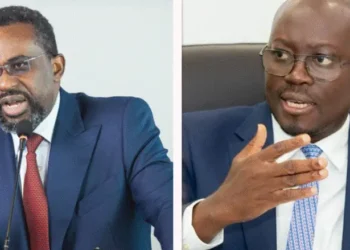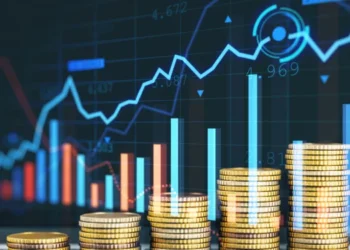A new Afrobarometer Sustainable Development Goal (SDG) Scorecard for Ghana shows that the country is not making much progress in reducing the gender gap in unemployment. Also, other areas that the country falls short include reducing bribe payment for public services and on access to medical care.
Moreover, the Scorecard shows that there has been no progress on reducing poverty and hunger and increasing public awareness or understanding of climate change. Nevertheless, progress toward gender equality is mixed. While gender equality in financial control is improving, trends in digital connection show stagnation and decline.
However, the Scorecard for Ghana shows that the country is making progress on trust in state institutions as well as access to clean water/sanitation and affordable energy.
Afrobarometer SDG Scorecard
The Afrobarometer SDG Scorecard provides citizens’ assessments of Ghana’s progress on important aspects of the United Nations Sustainable Development Goals.
The newly developed Afrobarometer SDG Scorecards highlight citizens’ experiences and evaluations of their country’s performance on democracy and governance. It also highlights areas such as poverty, health, education, energy supply, water and sanitation, inequality, gender equity, and other priorities reflected in 12 of the 17 SDGs.
According to Afrobarometer, citizen’s assessments can be compared to official UN tracking indicators. They present both summary assessments for each SDG, via blue, green, yellow, and red “stoplights”, as well as the data behind these assessments.
Afrobarometer, an independent Pan-African survey research network, released scorecards for five West African countries as part of a series of regional webinars focusing on progress toward the SDGs in Africa.
Focus of the SDGs
Speaking at the webinar, Daniel Armah-Attoh, Afrobarometer project manager for Anglophone West Africa and North Africa, said the Afrobarometer SDG Scorecards are unique in highlighting the perspectives of ordinary citizens, the intended beneficiaries of the SDGs.
“The SDGs are intended to improve the lives of people, and numerous important indicators and scorecards are being used to track progress. Looking at how these citizen assessments compare or contrast with other SDG indicators should stimulate debate, help to identify gaps, and support action to move forward in each country”.
The Afrobarometer SDG Scorecards for 31 countries are being released in May-July 2021. According to Afrobarometer, the Scorecard provides reliable data on citizens’ experiences and evaluations of democracy, governance, and quality of life. So far, seven rounds of surveys have been completed in up to 38 countries since 1999. Round 8 surveys (2019/2021) cover 34 countries.
Throwing light on the methodologies adopted, Afrobarometer indicated that its national partners in all regions of Africa conduct face-to-face interviews in the language of the respondent’s choice. In the most recent survey in Ghana, the Ghana Center for Democratic Development (CDD-Ghana) interviewed a nationally representative sample, Afrobarometer reveals.
2020 SDGs Budget
Meanwhile, the Ministry of Finance on Thursday, May 27, 2021 launched the third edition of its annual SDGs Budget Reports. The report forms part of efforts to evaluate and define the funding gap for the SDGs in order to create a financing mechanism that enables the country to fund and execute the Global Goals as expected.
The 2020 SDGs Budget report shows that Goal 17 (Partnership for the Goals) had the most funding allocated to it in 2019 and 2020. The budget for Goal 17 rose from GH¢32,082,685,522 in 2019 to GH¢34,877,466,156 in 2020. Meanwhile, Goal 5 (Gender Equality) received the least allocations to a goal at the national level in 2019 and 2020. Its budget allocation however, increased from GH¢26,191,056 in 2019 to GH¢65,012,082 in 2020.
READ ALSO: Some citizens will be enumerated on census night- Owusu Kagya





















